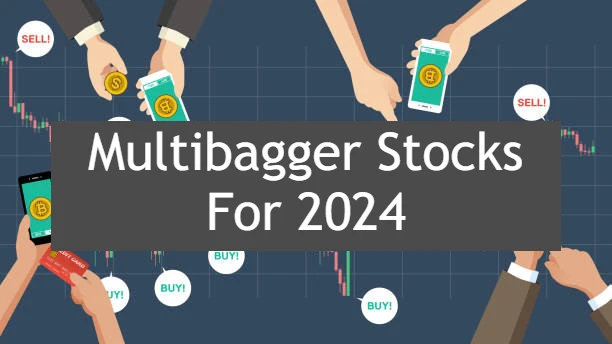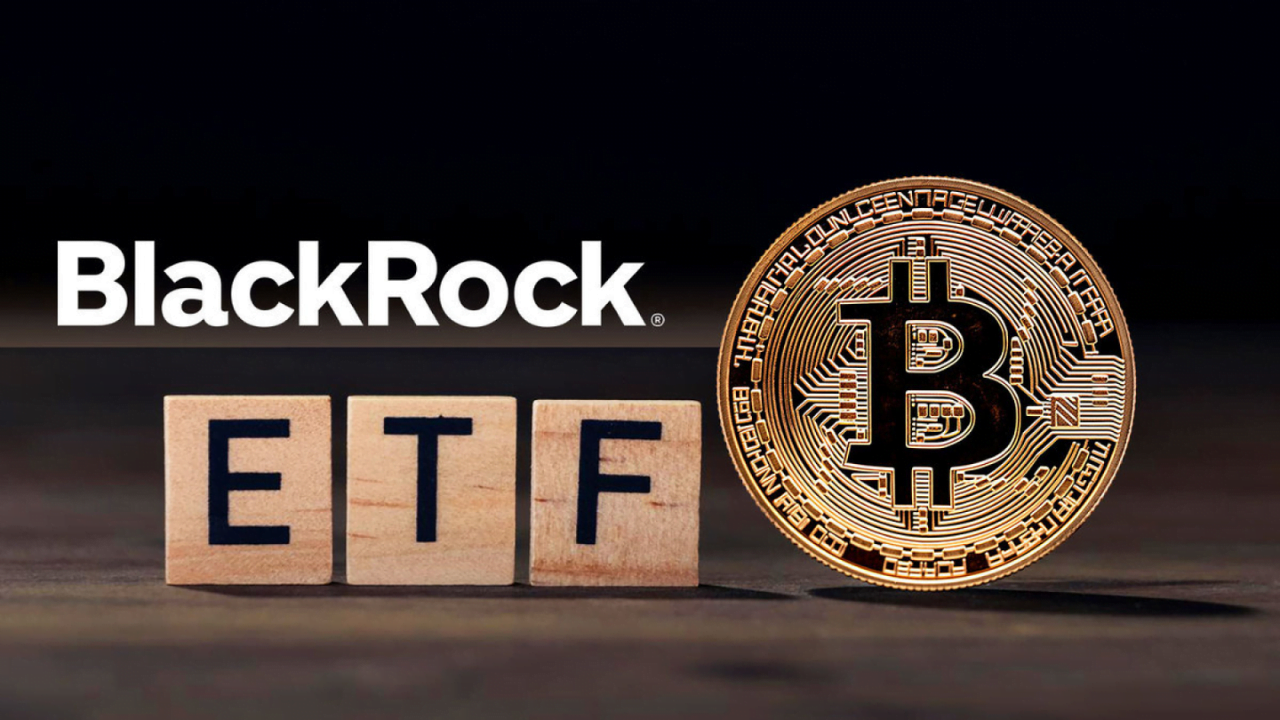
In recent years, there has been a significant surge in the adoption of ESG investing, driven by increasing recognition of the critical role that sustainability plays in shaping the future of our world. As individuals adopt greener and socially responsible behaviors in their daily lives, they are also recalibrating their financial strategies accordingly. By investing in companies with strong ESG scores, they are joining a broader procession to address environmental, social, & governance challenges and support businesses that prioritize sustainability.
In this article, we will look at the basics of ESG investing, why it matters, and the current challenges surrounding this type of investing.
Table of Contents
ToggleWhat is ESG investing?
ESG investing points towards the investing dynamics that focus on efficient environmental, social, and governance outcomes. In other words, it refers to investing in businesses with a high ranking on societal and environmental responsibility scales, as specified by some independent research groups.
With ESG investing, investors make sure that they are pouring their resources into companies having a sustainable infrastructure. It is all about partnering with enterprises committed to implementing practices that can make this world a better place.
What are the criteria to assess companies for ESG investing?
The ESG criteria offer the investors a comprehensive perspective on the company’s future potential and standing. By analyzing it, investors are able to make better decisions, identify red flags, and capitalize on available opportunities.
It involves evaluating the companies as per these three factors:
- Environment: The first pillar of ESG investing – environment – covers what kind of impact a company is having on the environment. Under this umbrella, investors primarily analyze the firm’s carbon footprint, including its direct emissions, indirect emissions from the usage of energy, and supply chain emissions. Other ecological factors considered by the investors range from assessing the company’s waste & toxic chemicals management to other sustainability efforts spanning its whole supply chain.
- Social: Next is the “social” pillar of ESG investing which determines a company’s approach to its employees and how its operations impact society at large. From the social perspective, investors look into the company’s practices regarding racial diversity, hiring, labor standards, and human rights.
- Governance: The governance aspect of ESG is all about specifying the quality of management procedures and controls of a company. Investors evaluate if a firm includes powerful and responsive leadership, robust audit programs, dispute handling ability, and fair pay distribution infrastructure among other similar efforts. Overall, a company should foster “good governance” to come under the realm of ESG.
Why should you consider ESG investing?
ESG investing has become a go-to option for investors who want to play their part in mitigating the problems enveloping our planet, including climate crisis, social injustice, racial or gender inequality, and cybersecurity issues.
By investing in companies with high ESG scores, you can make sure that your financial direction is not crossing swords with your ethical principles as a human being. At this point, it’s important to dispel the misconception that ESG investing means you have to “give up” on your high investment returns. In fact, it’s possible to achieve strong financial performance while investing in companies that do not worsen environmental and social problems. Ultimately, ESG investing represents a win-win scenario for both your financial objectives and the world at large.
According to Moore Global, businesses that prioritize ESG factors have witnessed a notable 9.1% increase in profits and a 9.7% surge in revenues over the previous 3 years. Furthermore, almost 84% of such companies reported that they experienced at least a “slight” improvement in their capacity to raise capital. Interestingly, the information technology and finance sectors are at the forefront of adopting ESG practices but the public sector continues to lag behind.
Moreover, as per Morningstar records, the assets of global ESG funds climbed to approximately $2.5 trillion by the end of 2022, marking a substantial increase from $2.24 trillion in the third quarter of the same year. Impressively, this jump of nearly 12% in assets was nearly twice as much as the growth observed in the overall global fund market.
From the investment point of view, although there is never any kind of certainty in the investing domain, ESG products can offer substantially high returns. Let us compare the performance of the S&P 500 and the S&P 500 ESG index from March 2019 to November 2022.
According to Statista, both indices exhibited a comparable performance in 2019; however, the S&P 500 ESG index began to consistently outshine the S&P 500 by an average of four points towards the end of 2020. The primary distinctions between the two indices were that the S&P 500 ESG index had a higher concentration of technology securities and was inclined towards firms with stronger environmental, social, and governance (ESG) scores.
ESG investing challenges
Typically, investors are most concerned about how their investment returns could be affected if they adopt an ESG investing strategy. Besides performance concerns, the lack of transparent and strong relevant data also poses a hurdle to their decision to start ESG investing. Besides these 2 major problems, some other noteworthy challenges investors may encounter include:
- Greenwashing concerns
- Lack of suitable ESG strategies and products
- Complicated regulatory landscape
Regarding investment returns, the Kenan Institute Research also explains that returns in relation to ESG ratings are not entirely conclusive. While certain studies indicate that firms with strong ESG ratings tend to outperform in terms of stock prices, others do not show any significant effects, and in some cases, even report lower financial returns.
The bottom line
There is no doubt that sustainable practices are crucial for a better tomorrow and ESG investing offers a great way to make a difference in this regard. To become a part of the ESG investing wave, you can consider investing in ESG stocks and ETFs, or take help from financial advisors to identify what is best for you. However, you should always go for a diversified portfolio having different investment categories or segments to spread out the risk & maintain a competitive edge.
Read more:
http://thetradingbay.com/active-vs-passive-investing-weighing-the-risks-and-rewards/













